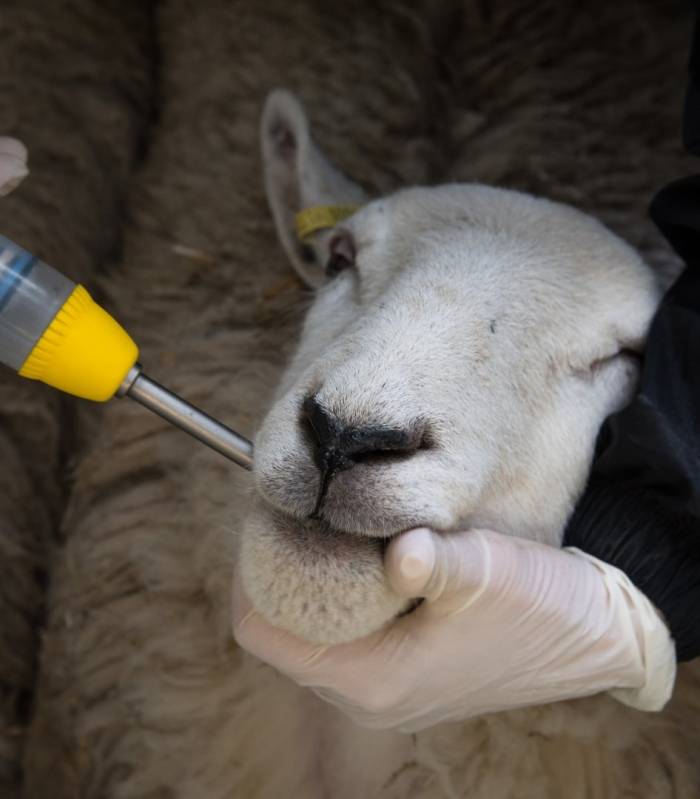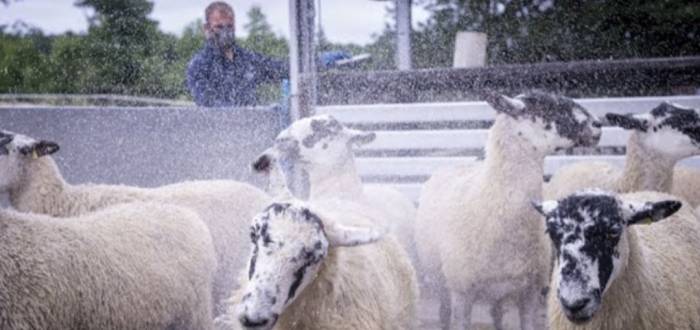If you suspect that a product you have administered to your animals has not been effective, or has resulted in adverse symptoms or reactions, it is important that this information is reported to the relevant authorities. The term for monitoring the efficacy and safety of medicinal products is called pharmacovigilance.
Pharmacovigilance is the science and activities relating to the detection, assessment, understanding and prevention of adverse effects or any other problem related to the use of medicines.
The aims of pharmacovigilance are:
Every licensed animal medicine is monitored from the day it is launched to the day it stops being prescribed or sold, which for some medicines is 30-40 years.
It is essential that we monitor products so we can get early warning if there are any issues with a product. These could be issues of animal or operator safety, environmental impact, quality issues and whether the product is working as expected.
If a problem is found, then remedial actions can be taken. That might mean some extra warnings are put on the product label, products are suspended or in extreme cases permanently removed from the market.
Anyone - farmers, vets, SQPs, manufacturing companies can all report PV cases. Manufacturing companies legally must report PV cases made aware to them to the Veterinary Medicines Directorate (VMD).
You can report the PV case to your vet, SQP, the company who made the product or directly to the VMD. The VMD are responsible for the licensing and surveillance of all licensed veterinary medicines. It is important that you only report the case to one of these people or organisations to avoid duplicate submissions of the same concern.
The more information you have the better. Ideally, what is needed is
The PV system is a surveillance system that looks for trends over many cases. All the reported information is stored but conclusions and actions by the VMD are not usually based on one case. This should not discourage people from reporting cases because if nobody reported a problem, it could be missed. Someone has to report the first case!
If you report the case to the manufacturing company, then in some circumstances there will be technical support to investigate your individual case. Do not think that reporting directly to the manufacturing company means it will be hidden or ignored. It is a legal obligation on their behalf to forward that report onto VMD. However, it also provides them with an opportunity to investigate the case, if appropriate.
If we want problems with products to be identified early, then we need them to be reported. The monitoring of veterinary medicines throughout the time they are on the market means we can have confidence that the medicines we use are safe, meet high quality standards and will work to protect our animals from disease and ill health.
Links Report a problem with an animal medicine or microchip - GOV.UK

